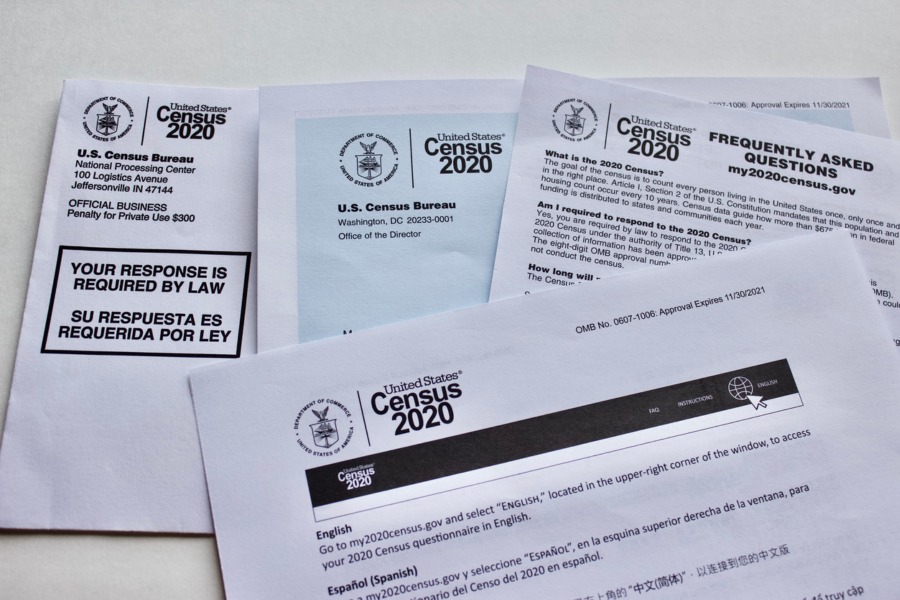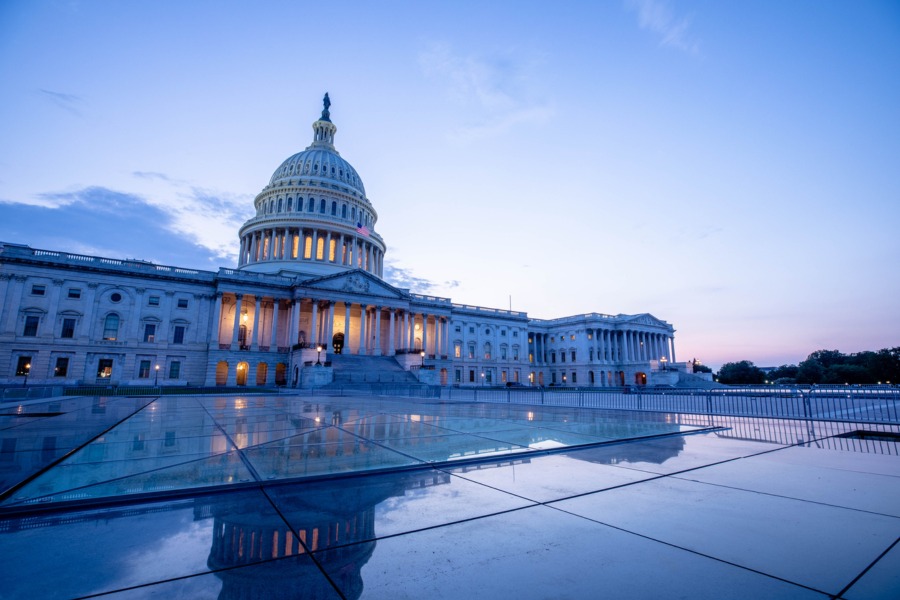Laws are often as clear as mud, and it falls to regulatory agencies to make sense of them.
That, of course, leads to political squabbling of the kind that might have led to the law in the first place.
“Who figures out what a statute means when it is ambiguous – as most statutes are?” asked Lisa Heinzerling, a law professor at the Georgetown University Law Center.
Heinzerling, an expert on rulemaking, gave a tutorial for reporters looking to follow the world of guidance, proposed rules, rules, public comment and so on. That process is prominent on the federal level but also in states; most of the federal procedures have analogs in the statehouses, she said.
A big part of the process is the public comment period that comes after a “notice of proposed rulemaking” is issued by an agency or department. For hot-button issues – on the environment, say, or financial issues – those comments can run into the thousands; others are more limited in number, but the comments are written by high-powered lawyers working on behalf of affected interests.
“Do the comments matter? Yes,” Heinzerling said. “The agency has to take in and respond to the comments.” They don’t have to agree with them, she added, but they do have to offer a rationale why they don’t.
“They have to say, ‘Here’s why we decided what we did,’” she said. “They get a lot of deference in that.”
Heinzerling gave the basics about the difference between rules, adjudication (permits, Social Security benefits proceedings) and policy statements or interpretive rules (known as “guidance documents”). She also talked about the idea of deference – and how much agencies get in interpreting a statute. She said that some states have passed or are considering laws to take away the deference that their agencies have.
This program is funded by Arnold Ventures. NPF is solely responsible for the content.



















